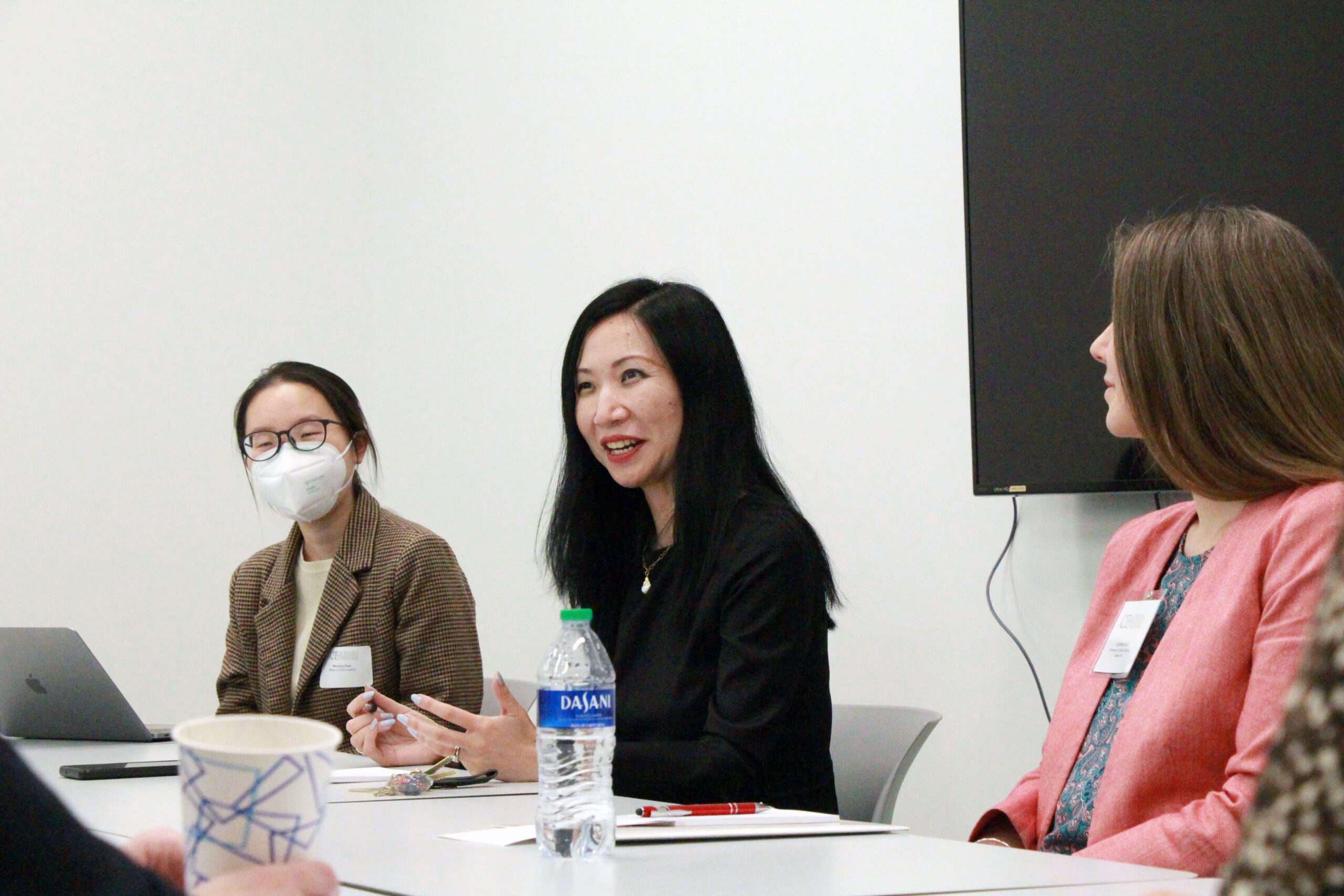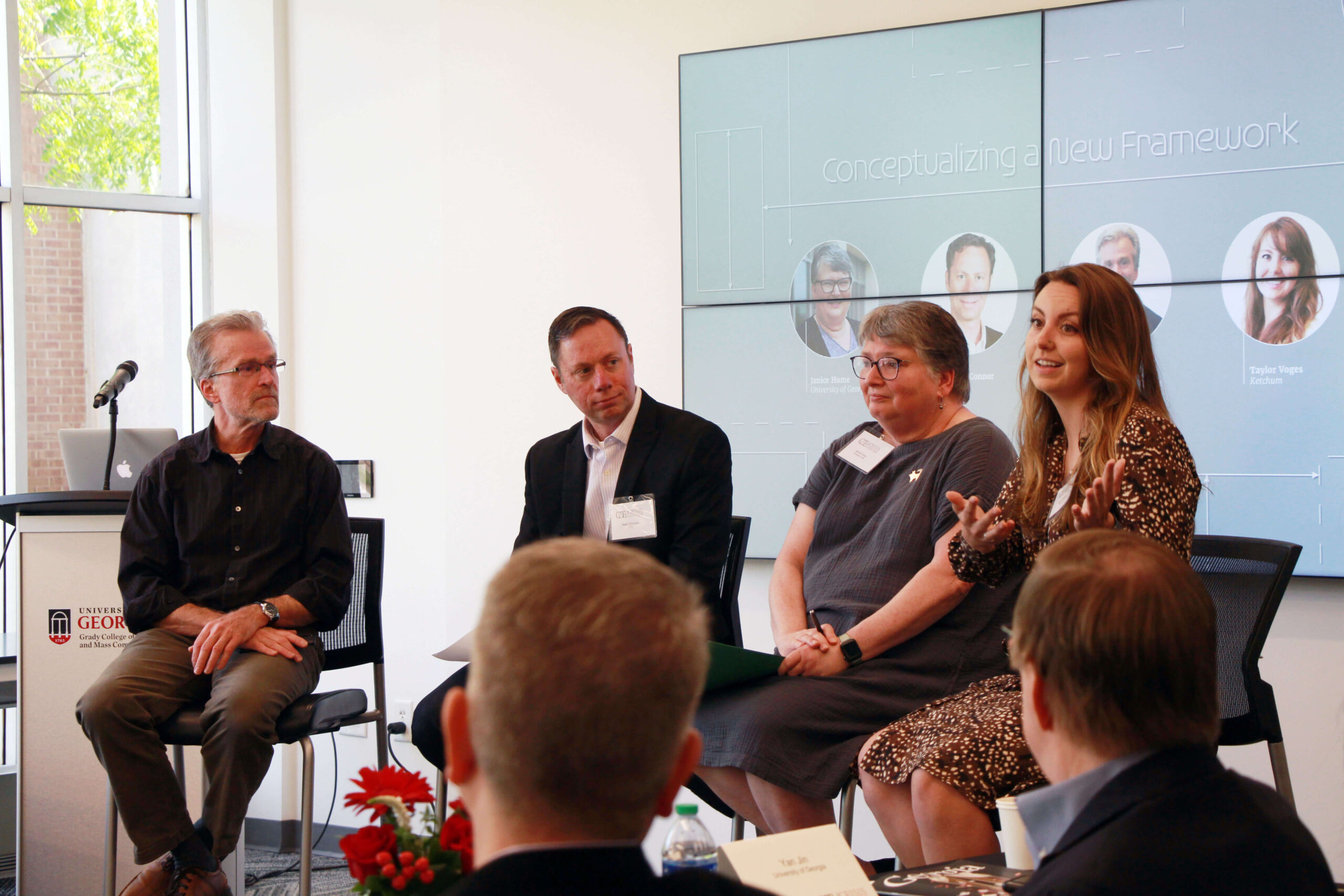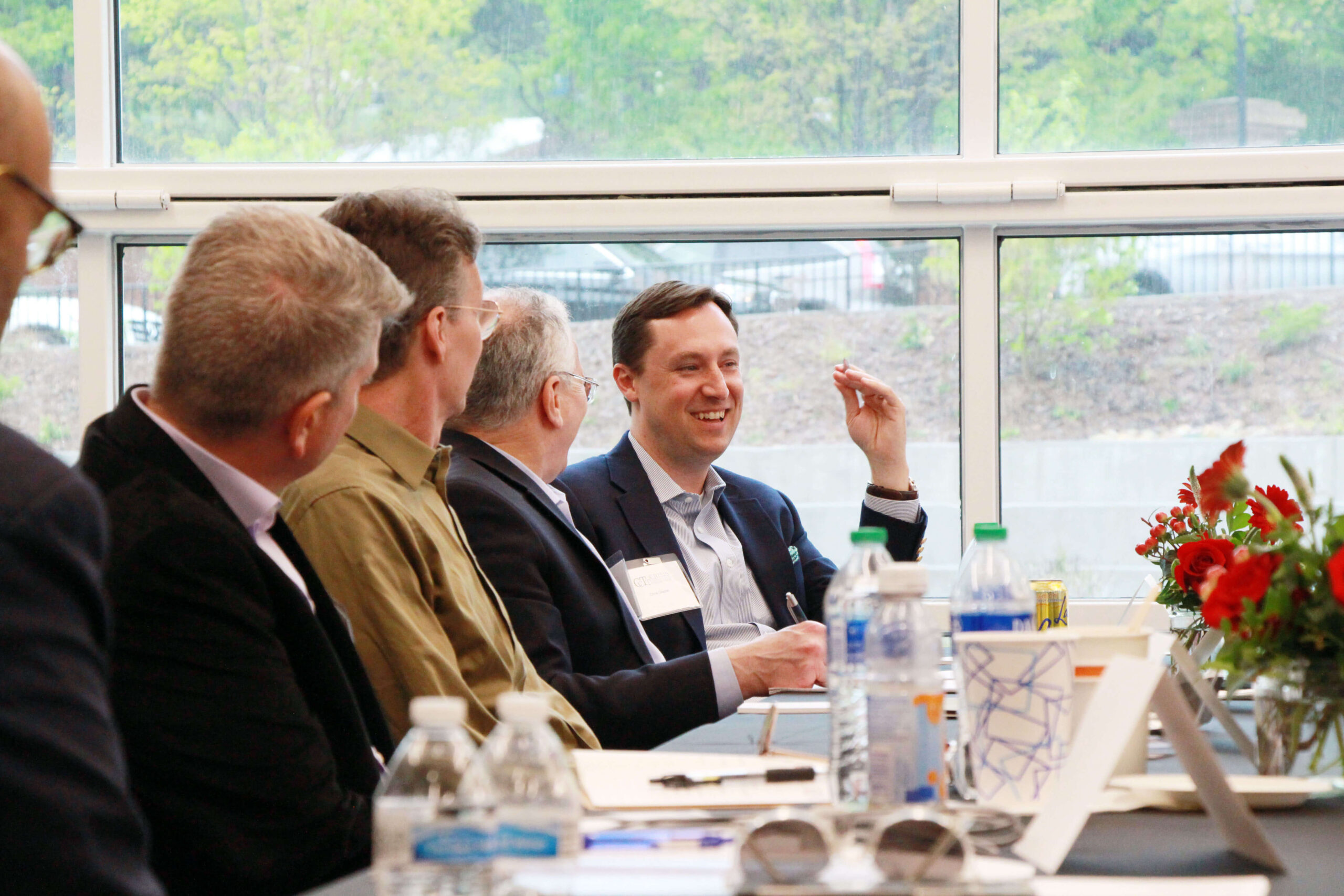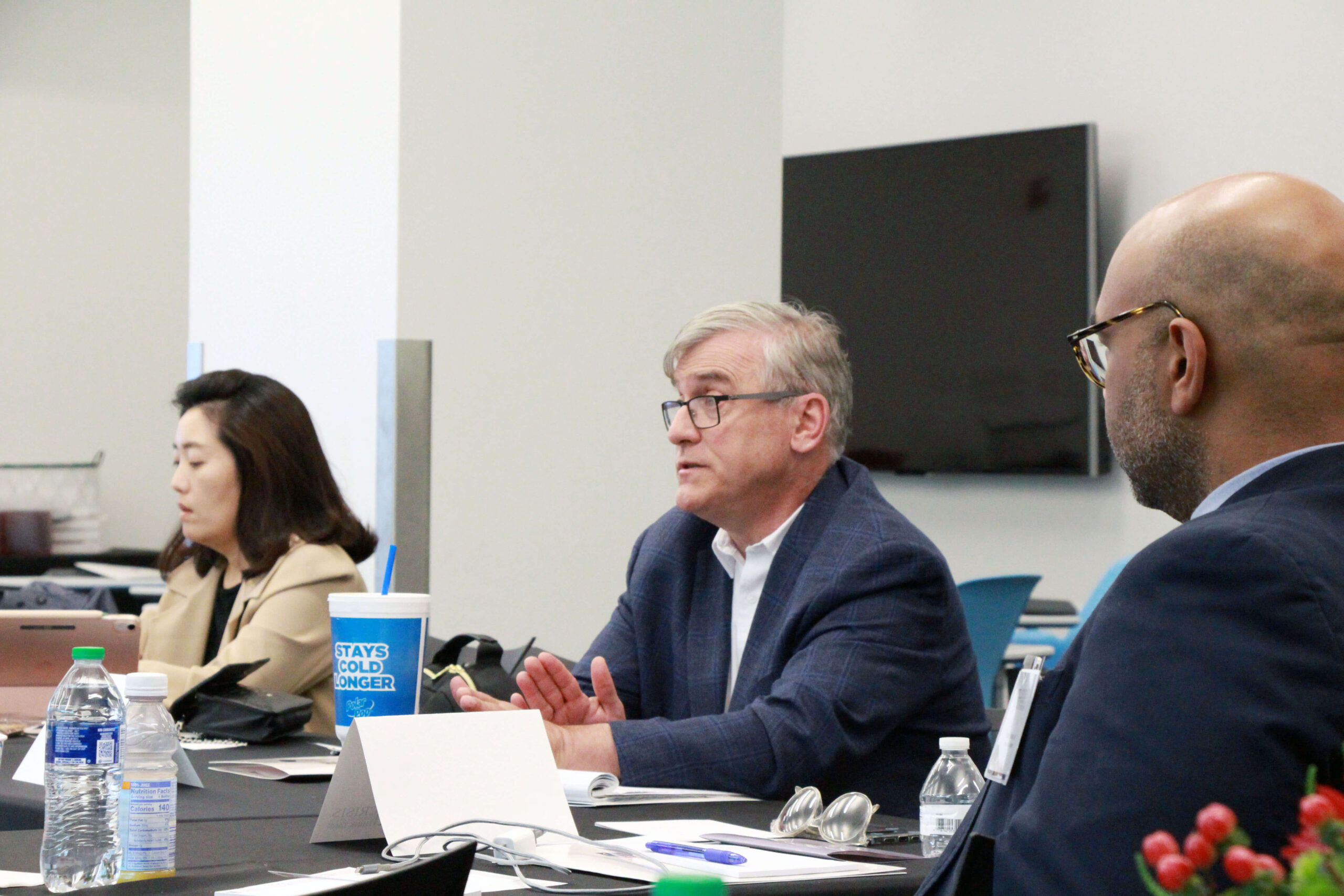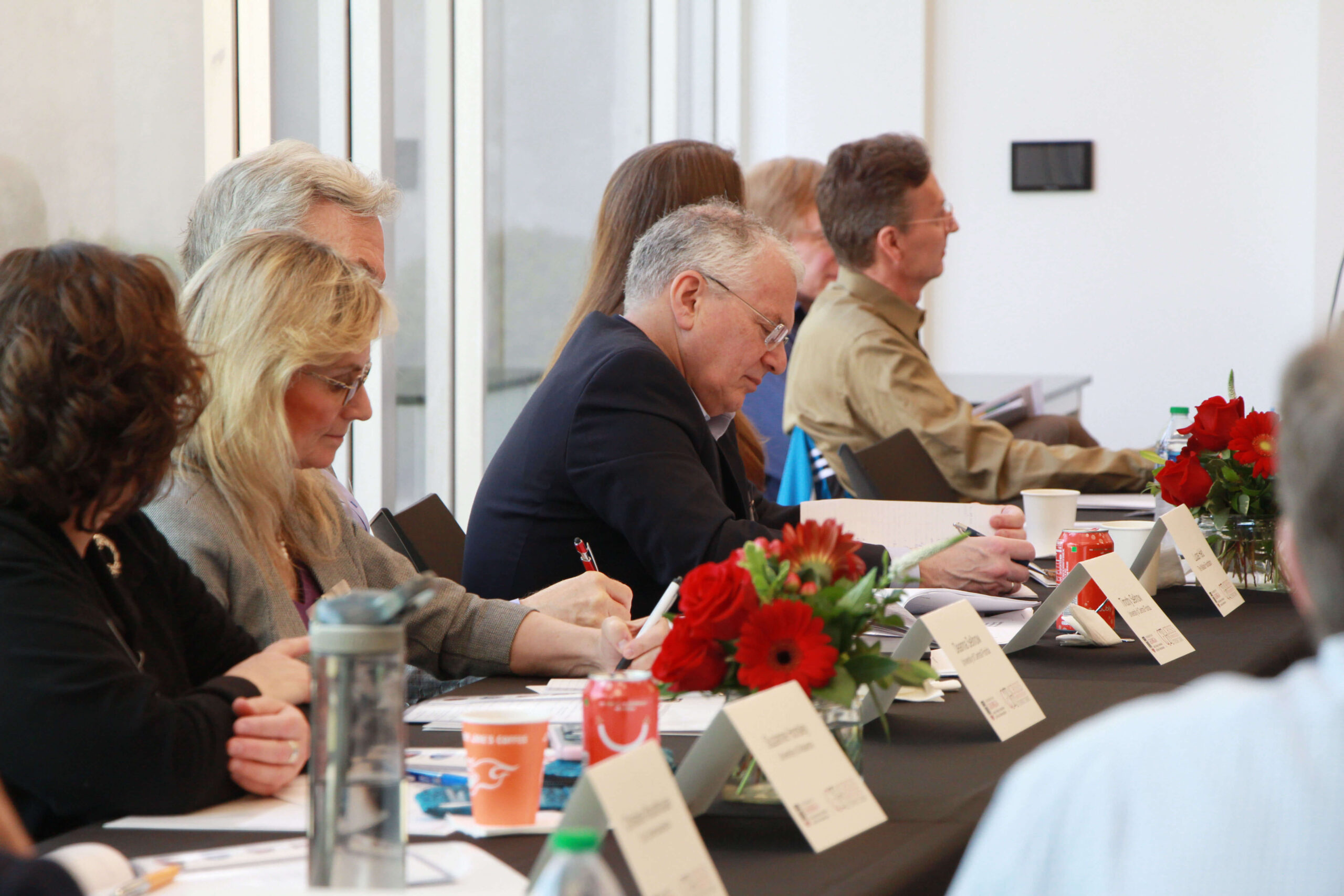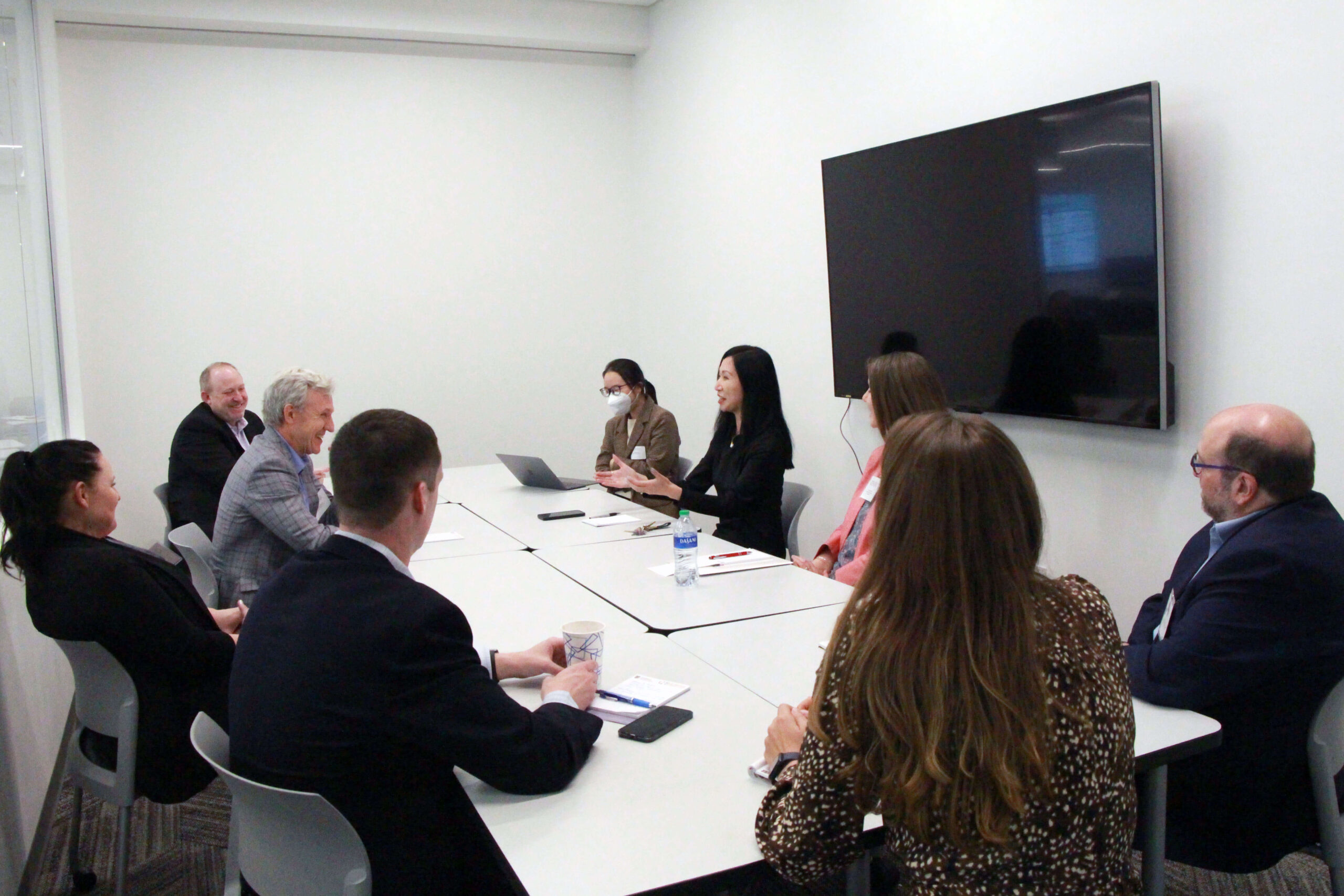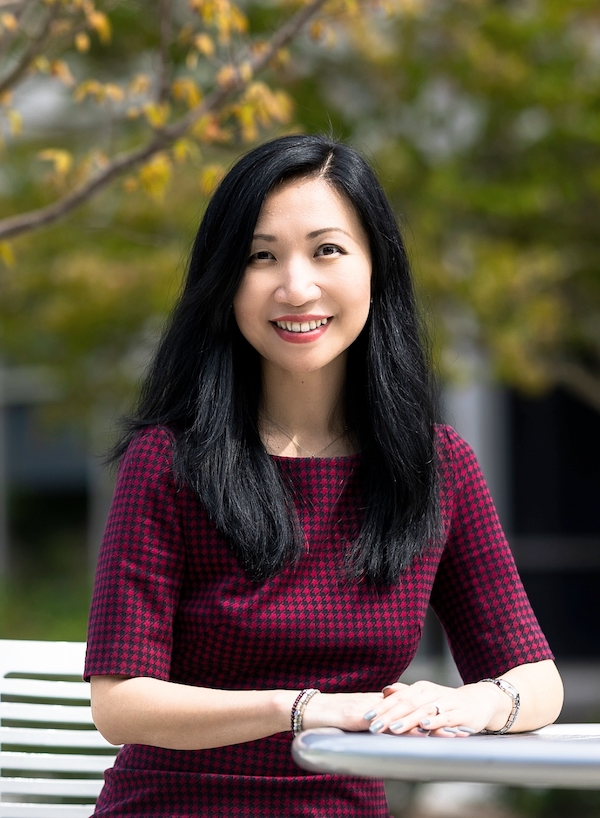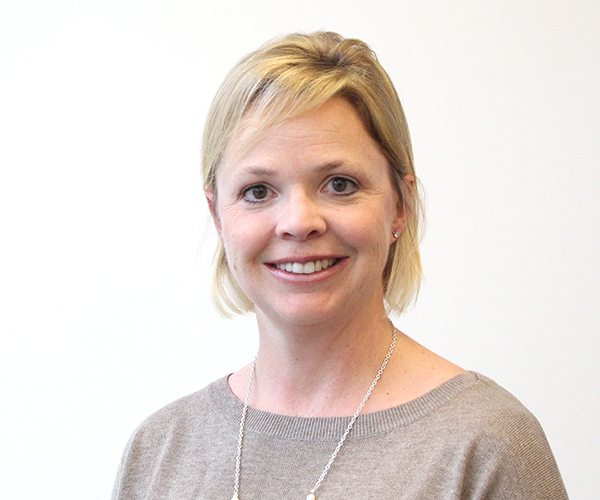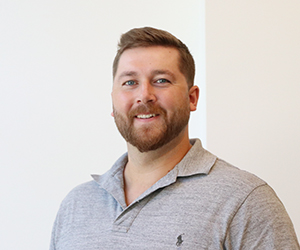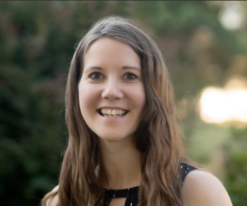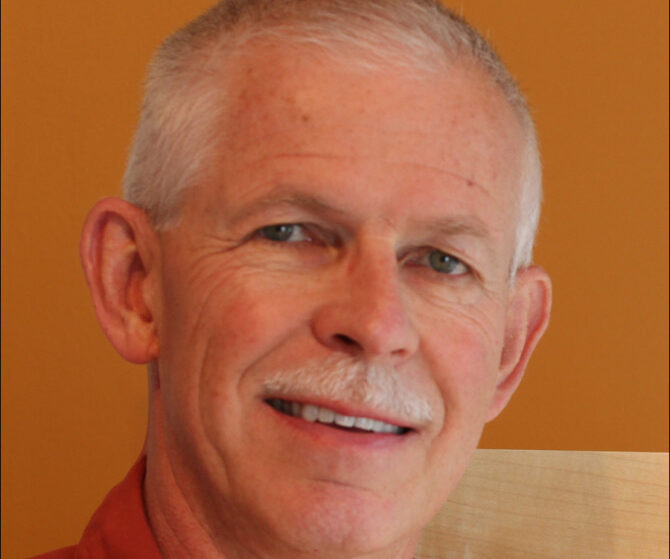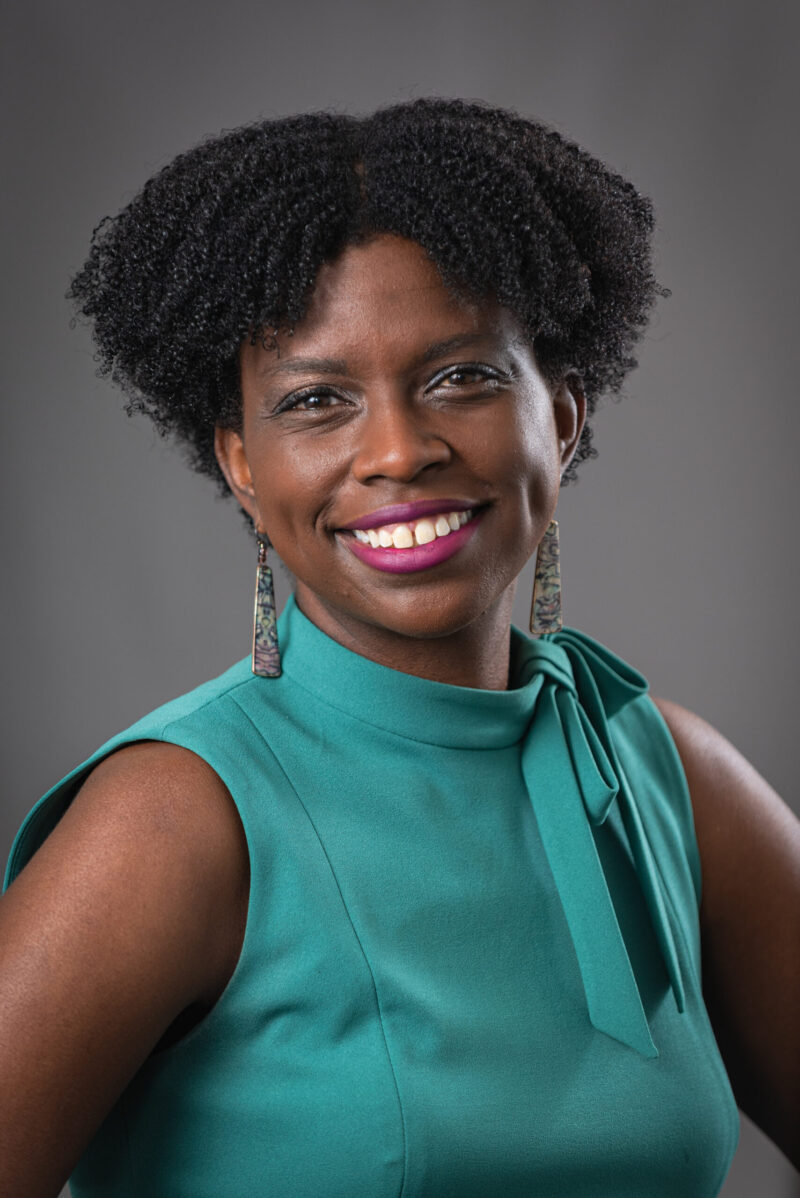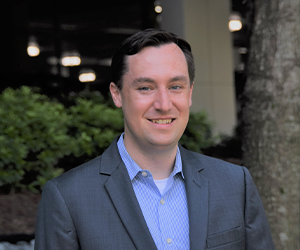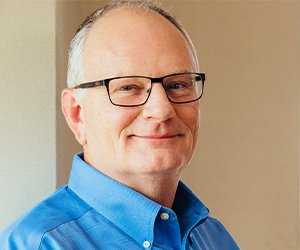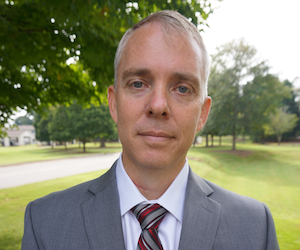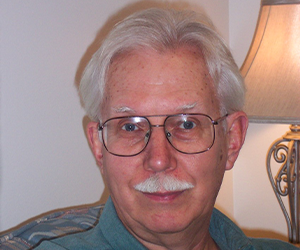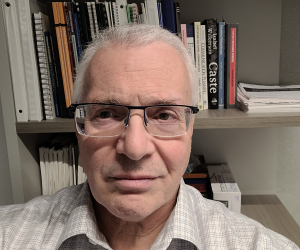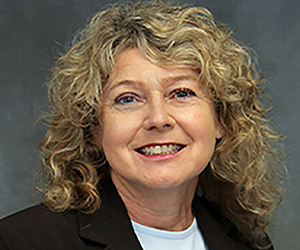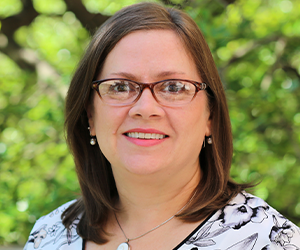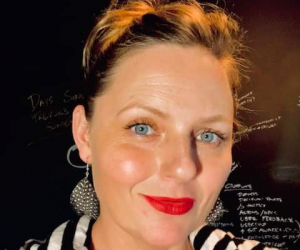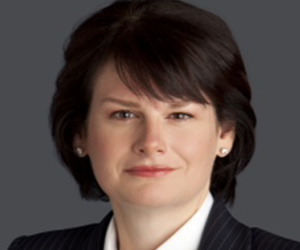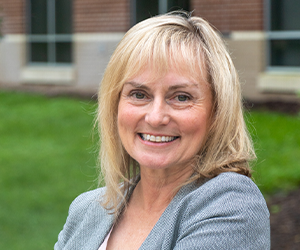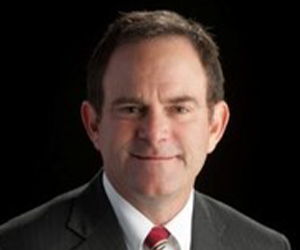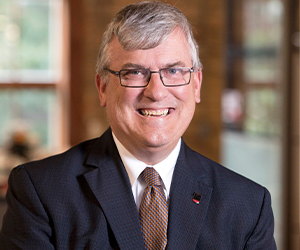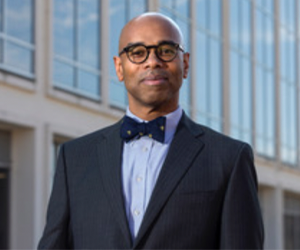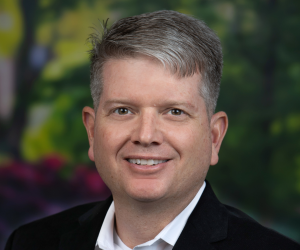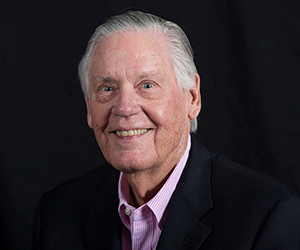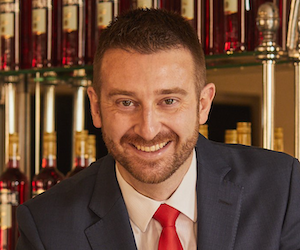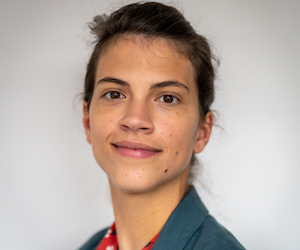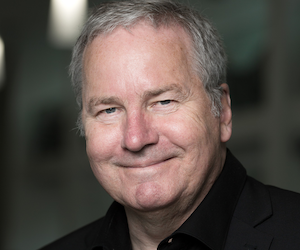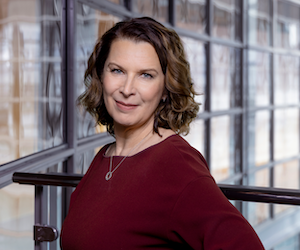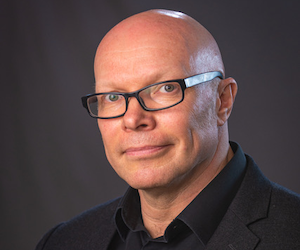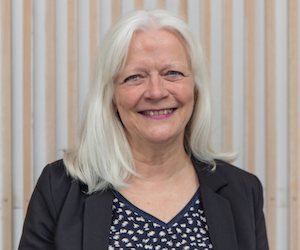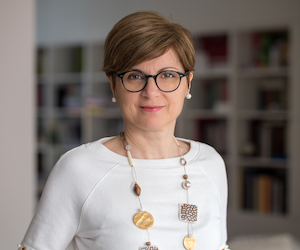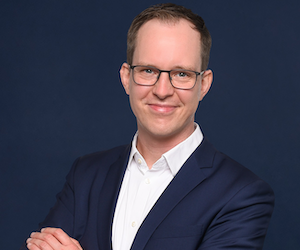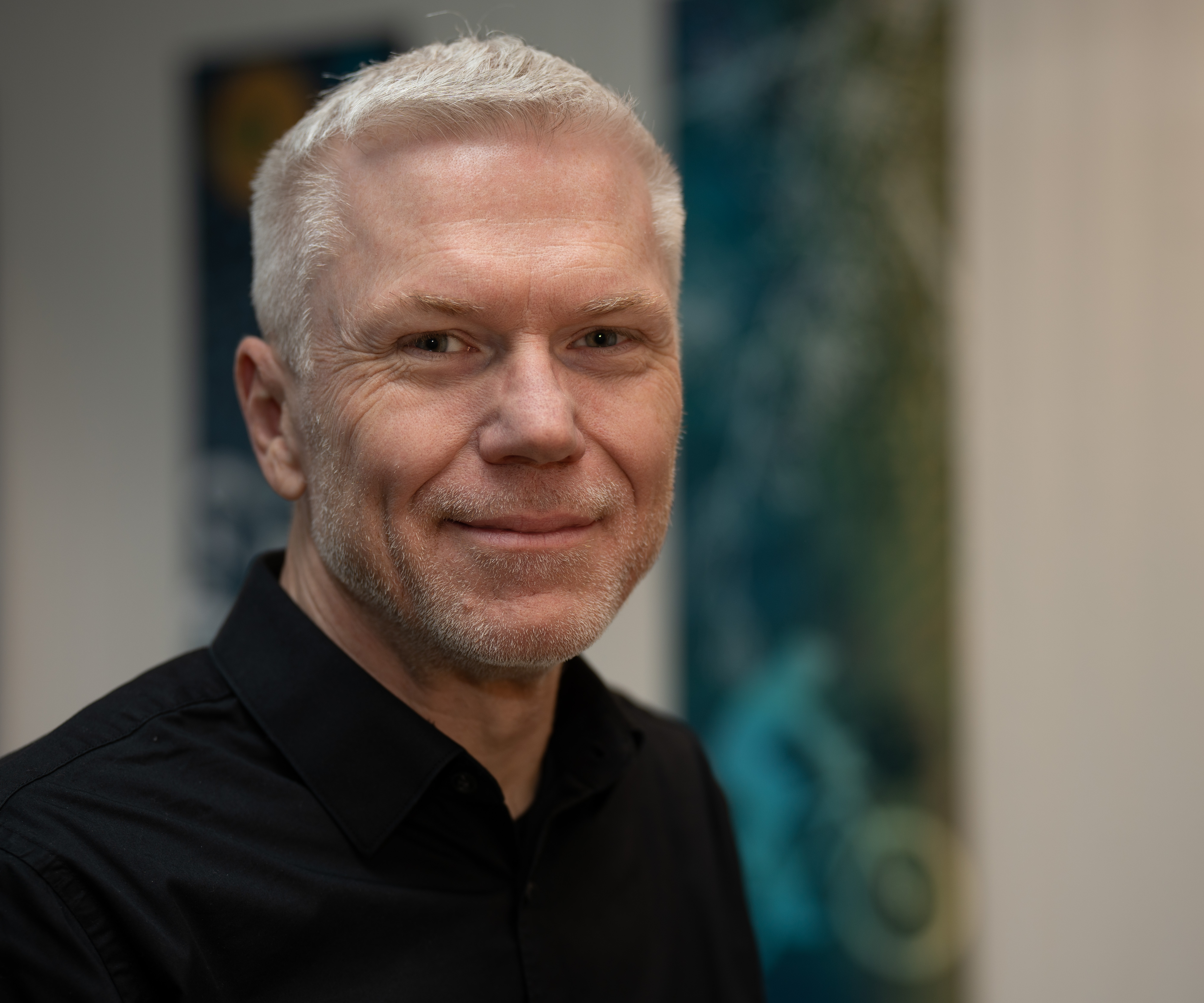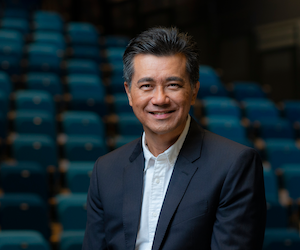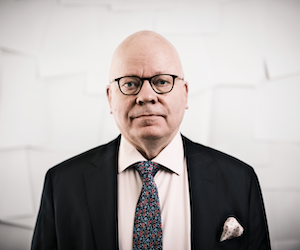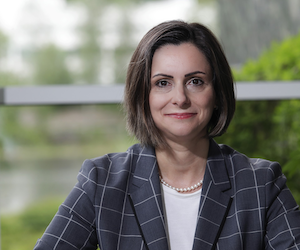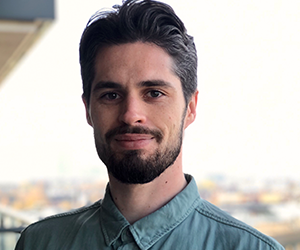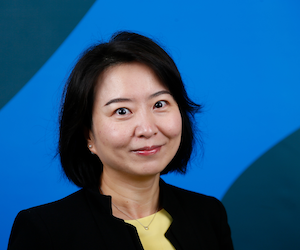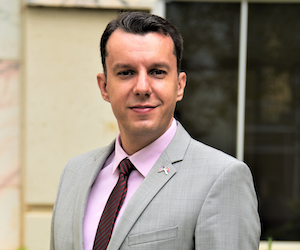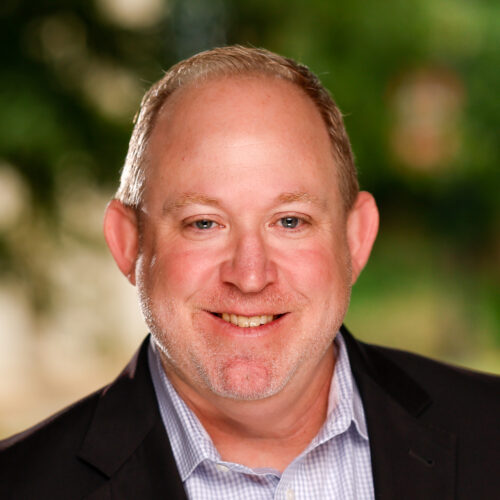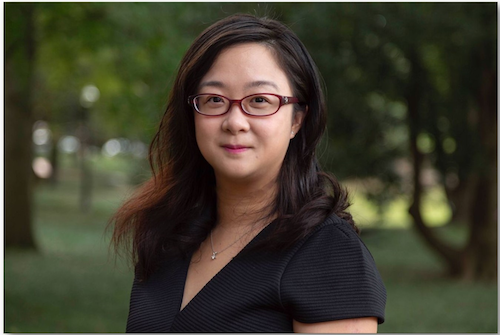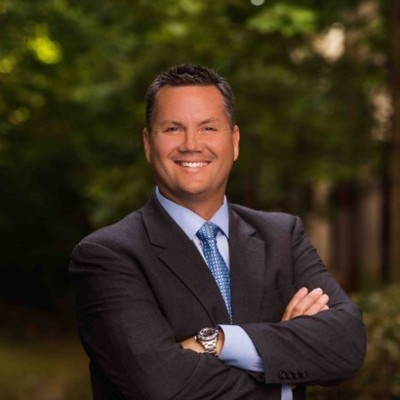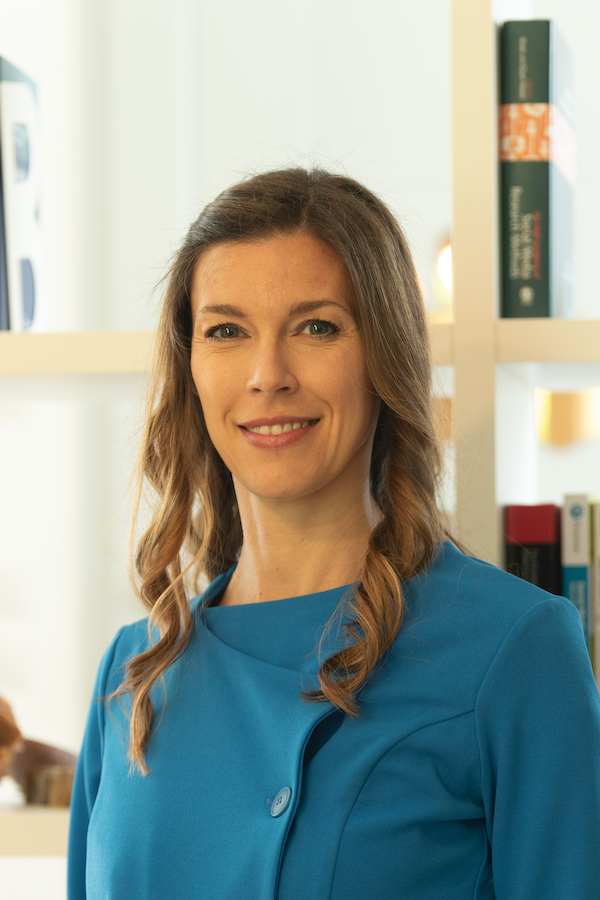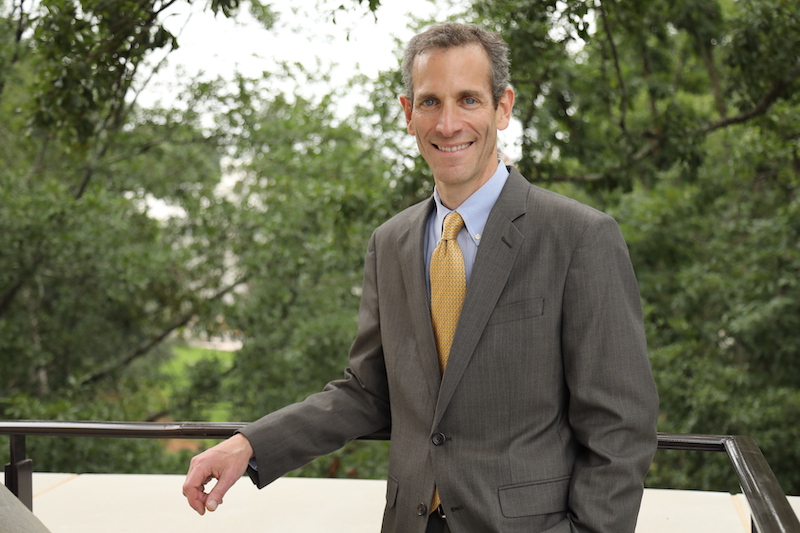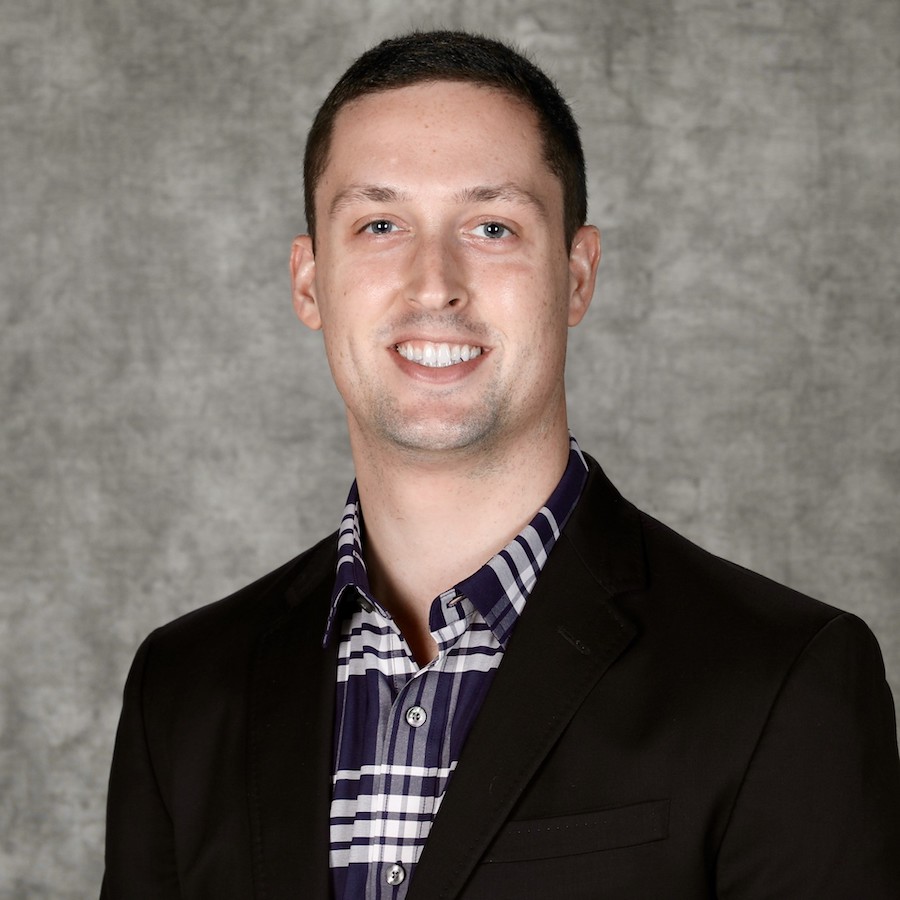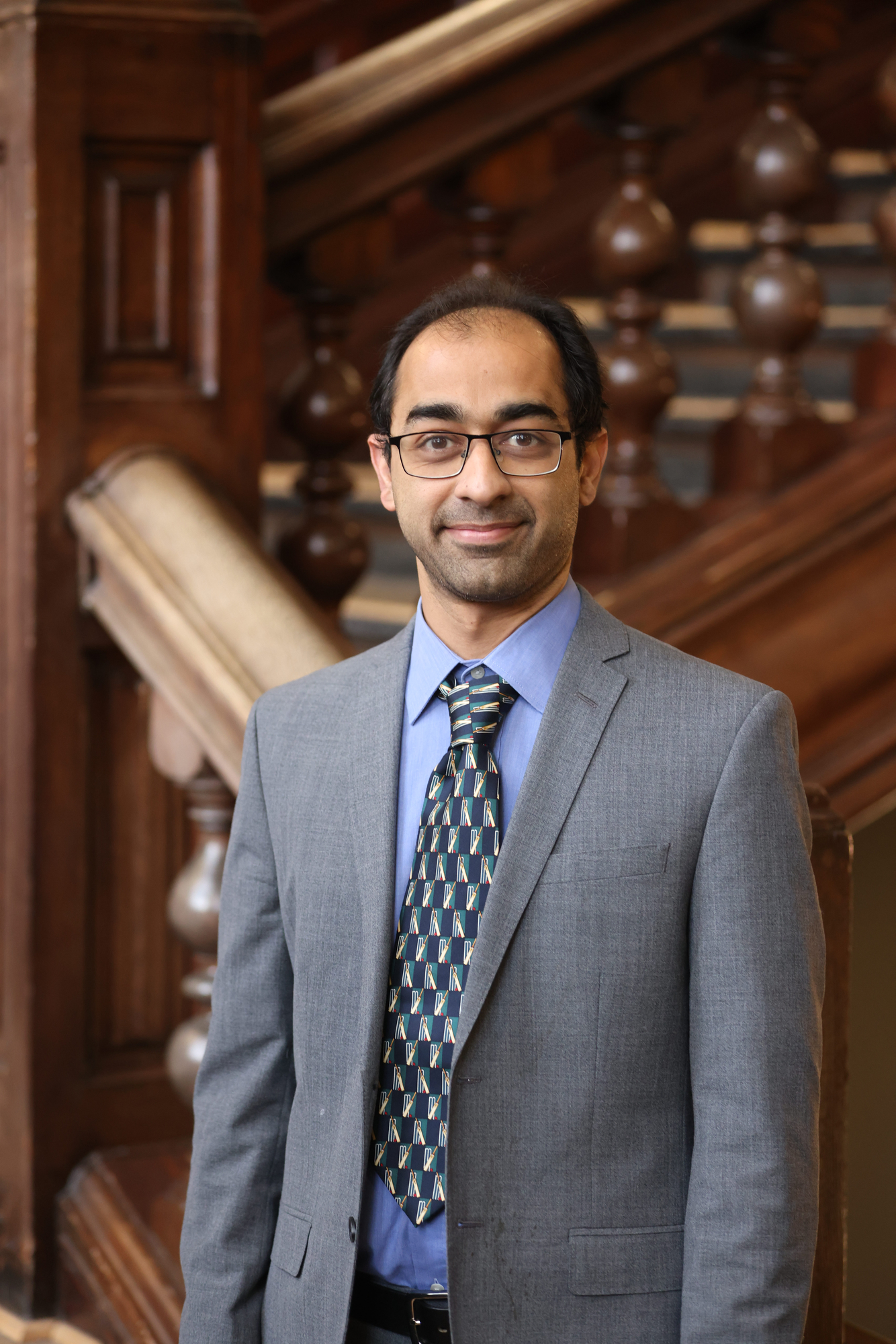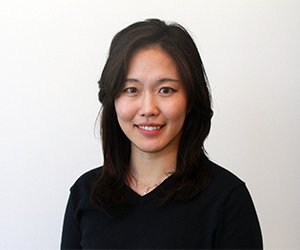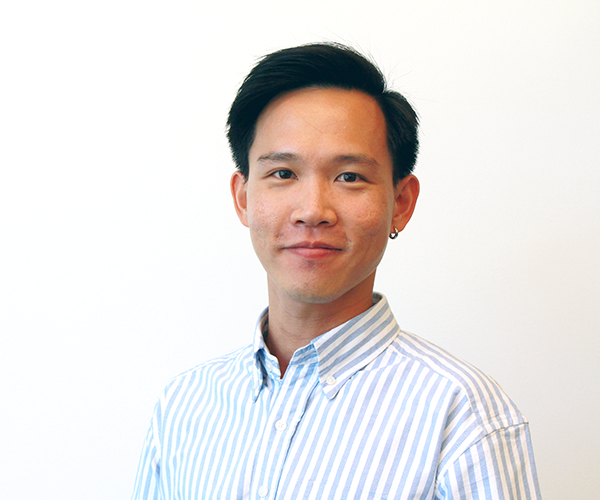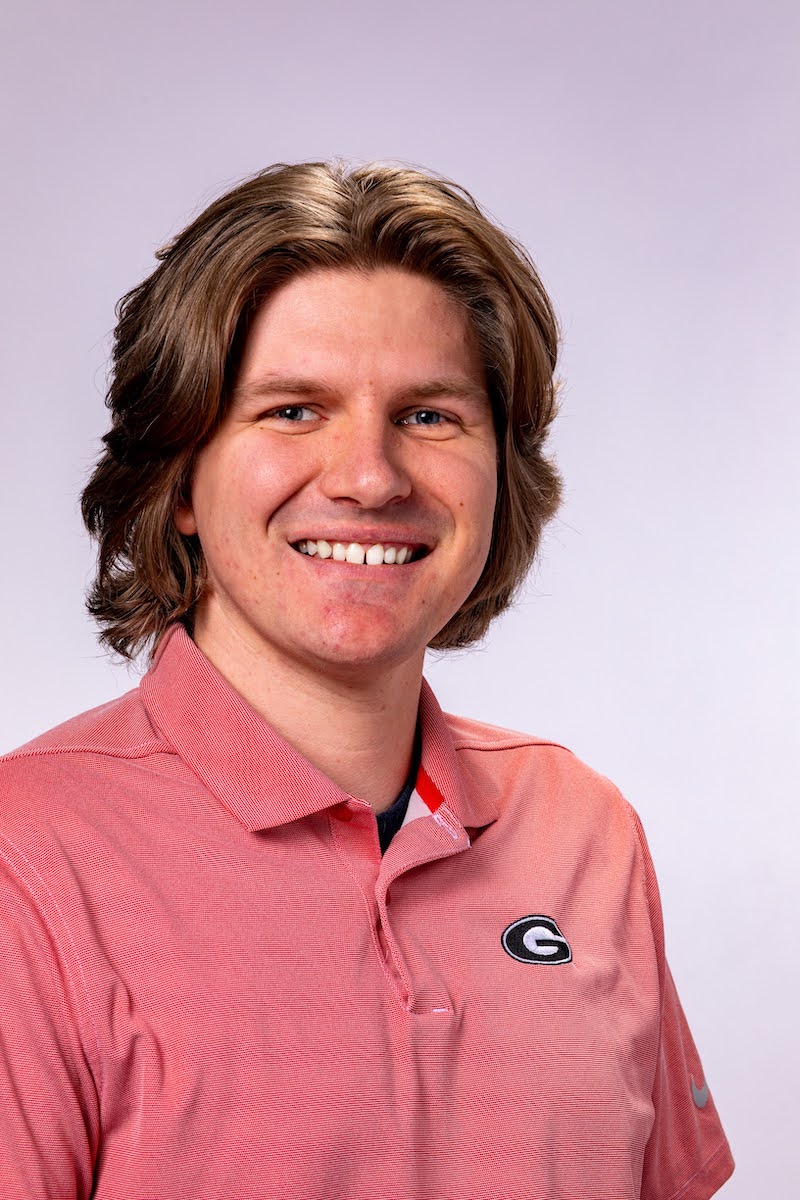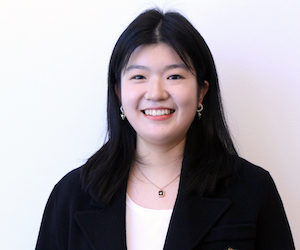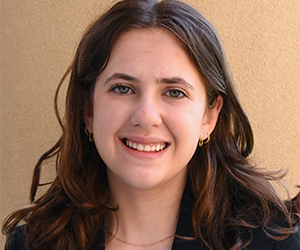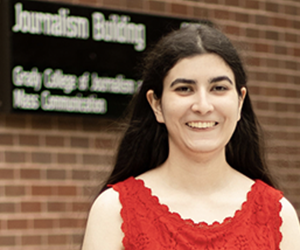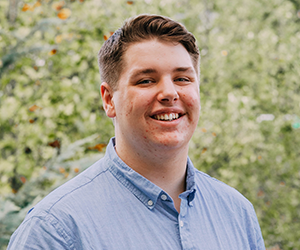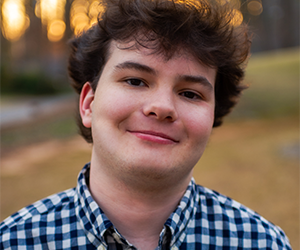Crisis Communication Think Tank
Crisis Communication
Think Tank

About CCTT
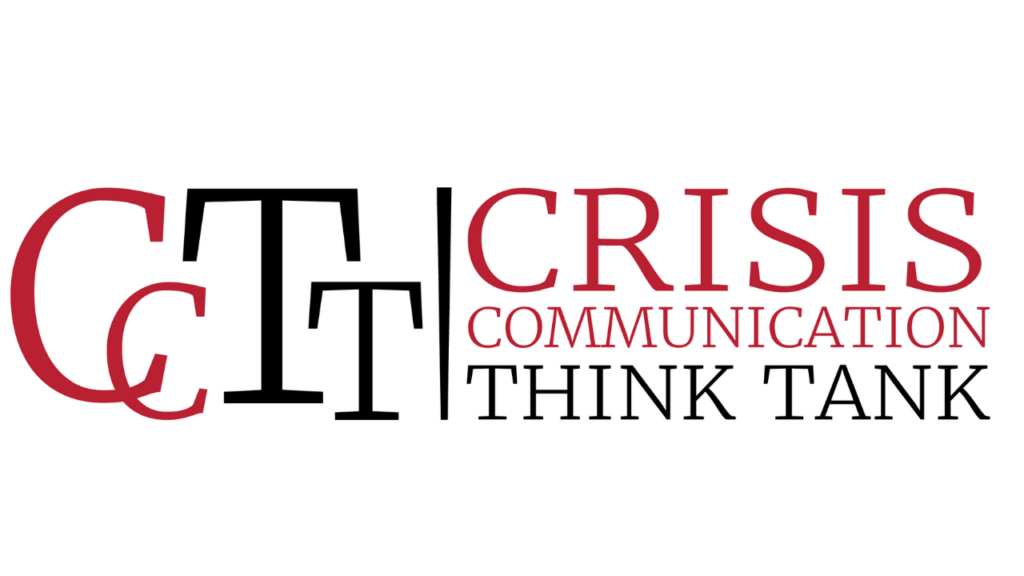
As global demand rises for communicators who can manage existential crises in business, academia and the nonprofit sector, The Crisis Communication Think Tank, founded in 2018, is the foundation of the University of Georgia’s innovative crisis communication educational initiative – combining the evidence-based expertise of renowned academics from a wide range of disciplines with the experience-driven insights of communication executives with decades of practice.
In the words of C. Richard Yarbrough – the initiative’s primary benefactor, a UGA alumnus and one of the nation’s most respected crisis communicators – the goal is to make the University of Georgia “the go-to place for the study of crises.”
Mission & Goals
Housed at UGA’s Grady College of Journalism and Mass Communication and led by the C. Richard Yarbrough Professor in Crisis Communication Leadership, the CCTT aims to build collaborations among leading crisis scholars and practitioners globally, through dialogue on emerging topics and co-creation of evidence-based advice for next-generation crisis research and practice. Our overarching goals are:
- To connect crisis communication experts from the segmented worlds of academia and industry practice.
- To reshape and refine how crisis communication is understood and practiced.
- To advance crisis communication knowledge via academic-practitioner collaborative research.
- To educate the next generation of crisis communication scholars and practitioners.
- To design protocols for handling “sticky crisis” challenges effectively and ethically at top decision-making level via crisis preparedness and resilience.
U.S. headquarter Leadership Team
-
Learn More
Yan Jin
CCTT Director, Co-Founder
Yan Jin
CCTT Director, Co-Founder
C. Richard Yarbrough Professor in Crisis Communication Leadership, Professor of Public Relations and Associate Director of Center for Health & Risk Communication, Grady College of Journalism and Mass Communication.
-
Learn More
Missy Hill
Associate Director, CCTT
Missy Hill
Associate Director, CCTT
Director of Programming and Development, Department of Advertising and Public Relations, Grady College of Journalism and Mass Communication.
-
Learn More
Bryan Reber
CCTT Co-Founder, Former Director
Bryan Reber
CCTT Co-Founder, Former Director
Dr. Bryan Reber, professor emeritus, is the former C. Richard Yarbrough Professor in Crisis Communication Leadership and former director of the CCTT.
-
Learn More
Glen Nowak
CCTT Co-Founder
Glen Nowak
CCTT Co-Founder
Associate Dean for Research and Graduate Studies, Co-Director of Center for Health & Risk Communication, Professor, Advertising & Public Relations, Grady College of Journalism and Mass Communication.
-
Learn More
Tom Cullen
Program Manager, CCTT
Tom Cullen
Program Manager, CCTT
Lecturer, Department of Advertising and Public Relations, Grady College of Journalism and Mass Communication.
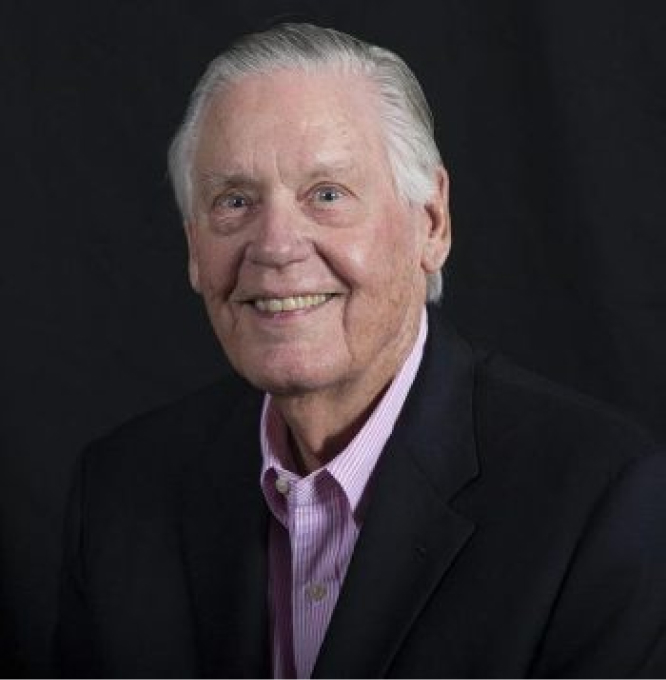
C. Richard “Dick” Yarbrough
Primary Benefactor
C. Richard “Dick” Yarbrough has enjoyed a distinguished career in public relations. Following his retirement from BellSouth Corporation in 1993, he joined the Atlanta Committee for the Olympic Games as managing director. Yarbrough is the author of the 2002 memoir, “And They Call Them Games,” which provides an insider’s view of the 1996 Games. For more than two decades, he has written a syndicated newspaper column reaching 600,000 households and more than 1.3 million readers each week.
His honors are many: University of Georgia Distinguished Alumnus, Grady College of Journalism and Mass Communication Fellow, one of PRWeek’s 100 most influential PR practitioners of the 20th century, one of Georgia’s 100 most powerful and influential people, and a member of the Public Relations Society of America Georgia Chapter Hall of Fame. He also is past president of the University of Georgia National Alumni Association.
Yarbrough makes his home in Atlanta. His continued generosity enables the Grady College of Journalism and Mass Communication to fund numerous student internships each semester.
Structure & AreaS
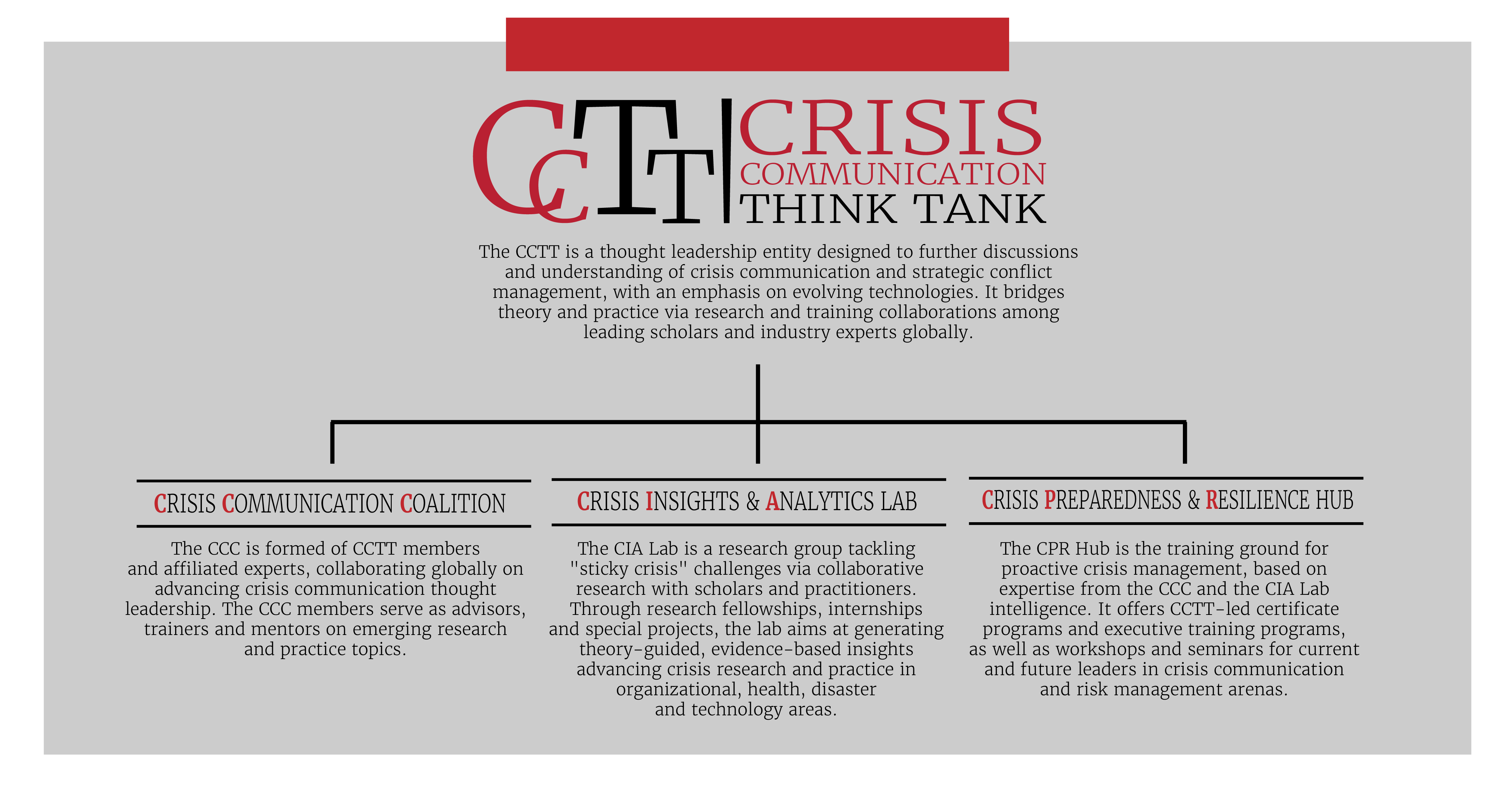
The CCTT has three components: CCC (Crisis Communication Coalition), CIA (Crisis Insights and Analytics) Lab, CPR (Crisis Preparedness and Resilience) Hub.
The CCC is formed of CCTT members and affiliated experts, collaborating globally on advancing crisis communication thought leadership. The CCC members serve as advisors, trainers and mentors on emerging research and practice topics.
The CIA Lab is a research group tackling “sticky crisis” challenges via collaborative research with scholars and practitioners. Through research fellowships, internships and special projects, the lab aims at generating theory-guided, evidence-based insights advancing crisis research and practice in organizational, health, disaster and technology areas.
The CPR Hub is the training ground for proactive crisis management, based on expertise from the CCC and the CIA Lab intelligence. It offers CCTT-led certificate programs and executive training programs, as well as workshops and seminars for current and future leaders in crisis communication and risk management arenas.
CCTT-International Partner Institutions
ASCOR, University of Amsterdam, Netherlands
Insper, São Paulo, Brazil
Annual Events & OUtPUTS
Each year, the Crisis Communication Think Tank (CCTT) HQ at Grady College organizes two member gatherings: spring in the US and fall in Europe. The purpose of the annual member events, together with other yearly programs with global reach, is to bring together academics and senior-level practitioners studying and/or practicing crisis management in various fields and industries. Members explore the current challenges in crisis and develop insights and observations from both strengthens crisis management, communication strategies, plans, and coordination for organizations to lead organizations through times of crisis with success. The annual Crisis Communication Think Tank meetings aim to dive deeper into research surrounding crisis practice, theory and education.
The CCTT is structured as a thought leadership entity. It is designed to further discussions and understanding of crisis communication and strategic conflict management, with an emphasis on evolving technologies. Housed at UGA’s Grady College of Journalism and Mass Communication and led by the C. Richard Yarbrough Professor in Crisis Communication Leadership, the CCTT aims to build collaborations among leading crisis scholars and practitioners globally, through dialogue on emerging topics and co-creation of evidence-based advice for next-generation crisis research and practice.
The overarching goals are: (1) to connect crisis communication experts from the segmented worlds of academia and industry practice around the globe; (2) to reshape and refine how crisis communication is understood and practiced; (3) to advance crisis communication knowledge via academic-practitioner collaborative research; (4) to educate the next generation of crisis communication scholars and practitioners; and (5) to design protocols for handling ‘sticky crisis’ challenges effectively and ethically at top decision-making level via crisis preparedness and resilience.
readiness – 2024
In analyzing global crisis over the course of the past year, the CCTT has identified “Readiness” as a key trend for the future of crisis management research and practice. Readiness refers to. the ability of an organization to effectively respond in preparing for and managing a crisis situation. Surpassing mere preparedness, readiness encompasses the initial planning stages to summon a state of action.
Just as a compass enables the intrepid traveler to venture forth, a state of readiness empowers crisis practicioners to confront unforseen challanges and obstacles. Readiness is a protective approach, involving the preparation of relevant plans, resources and organizational capabilities. When done properly, crisis practicioners can address and mitigate the impact of a crisis on an organization’s reputation, stakeholders and operations.

Keystone – 2023
Have AI, virtual reality and the Metaverse changed our inherited blueprint for crisis management? How do organizations and stakeholders perceive these newly constructed realities? Built upon our collective learning from the past, we will examine the state of the field of crisis communication as we see that it is our responsibility to determine how social and technological advancements result in these new realities. We must uncover how these realities manifest via societal and organizational functions, while striving to locate the ever-evolving crisis management keystone.

POP (Power of People) – 2022
The “Power of People” (POP) theme sought to bridge the gap between the ever-evolving groups and ideologies in contemporary society. Power of People, Permanence of Polarization, Problem of Polarization, Prevention of Polarization, Pushback of Publics, Pressure of Perfection and Privilege of Perspective are expressed through the acronym POP. The nuances of “POP” outline the myriad functions of crisis communication while accounting for the role of people as key stakeholders in these scenarios.
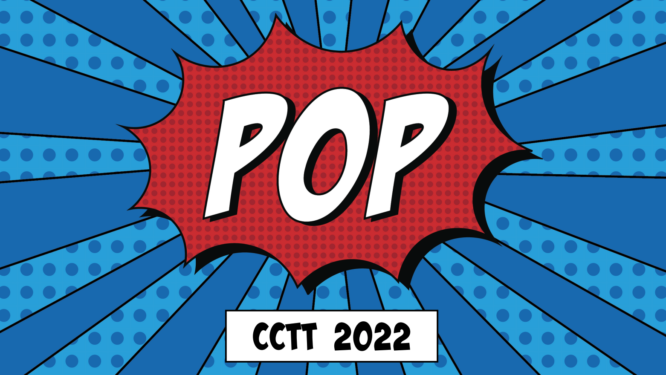
e-disruptors – 2021
e-disruptors are defined as new digital communication technologies and tools that disturb crisis communication practice, research and the status quo. “E”-disruptors such as big data and artificial intelligence, machine learning and virtual or augmented reality have the potential for positive and negative impacts on crisis communication. They may create or fuel a crisis, help identify potential or emerging crises, guide crisis communication strategies and advance crisis response evaluation capabilities.

Sticky crisis – 2019
The sticky crisis concept is defined as a complex, challenging and recurring (not going away) crisis issue demanding not only a near-instant response, but it often requires crisis communications and senior leadership to see possibilities, understand the breadth and scope of an emerging crisis, and be ready to change strategy and tactics quickly. Since 2019, sticky crisis has become the guiding research focus for the CCTT emphasis areas in crisis communications and public relations, management and strategy communication, legal, risk management and insurance, artificial intelligence and cyber security, employee relations and internal communication, environmental disaster and policy and public health.
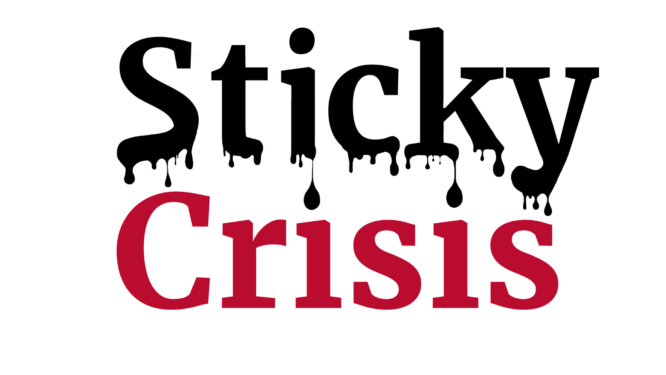
OVERVIEW
The Crisis Communication Coalition (CCC) is formed of CCTT members and affiliated experts, collaborating globally on advancing crisis communication thought leadership. The CCC members serve as advisors, trainers and mentors on emerging research and practice topics.
CCTT U.S. Members
-
Learn More
Lucinda Austin
UNC Hussman School of Journalism and Media
Lucinda Austin
UNC Hussman School of Journalism and Media
Associate Dean for Graduate Studies and Research; Associate Professor
University of North Carolina Hussman School of Journalism and Media -
Learn More
Glen T. Cameron
University of Missouri, Missouri School of Journalism
Glen T. Cameron
University of Missouri, Missouri School of Journalism
Professor Emeritus
University of Missouri, Missouri School of Journalism -
Learn More
Timothy Coombs
Journal of Contingencies and Crisis Management
Timothy Coombs
Journal of Contingencies and Crisis Management
Editor-in-Chief, Journal of Contingencies and Crisis Management
International Communication Association (ICA) Fellow -
Learn More
Ron DeFeo
American Airlines
Ron DeFeo
American Airlines
EVP, Chief Communications and Marketing Officer
American Airlines -
Learn More
LaShonda Eaddy
Penn State University
LaShonda Eaddy
Penn State University
Assistant Professor of Public Relations
Associate, Population Research Institute
Penn State University -
Learn More
Jamie Firth
Strategic Communications and Public Affairs Executive
Jamie Firth
Strategic Communications and Public Affairs Executive
Strategic Communications and Public Affairs Executive
-
Learn More
Brooke Fisher Liu
University of Maryland
Brooke Fisher Liu
University of Maryland
Professor of Communication, Associate Dean of Academic Standards and Policies within the UMD Graduate School
University of Maryland -
Learn More
Chris Glazier
Jackson Spalding
Chris Glazier
Jackson Spalding
Senior Public Relations Professional
Jackson Spalding -
Learn More
Jon Goldberg
Reputation Architects Inc.
Jon Goldberg
Reputation Architects Inc.
Founder & Chief Reputation Architect
Reputation Architects Inc. -
Learn More
Michael Greenwell
ICF
Michael Greenwell
ICF
Vice President, CDC Account Executive, ICF
Centers for Disease Control and Prevention -
Learn More
Greg Guest
Georgia-Pacific LLC
Greg Guest
Georgia-Pacific LLC
Senior Director of Communications
Georgia-Pacific LLC -
Learn More
Rodrigo Sierra
American Medical Association (AMA)
Rodrigo Sierra
American Medical Association (AMA)
Chief Communications Officer and Senior Vice President
American Medical Association (AMA)
-
Learn More
Curt Harris
College of Public Health, UGA
Curt Harris
College of Public Health, UGA
Director, Associate Professor, and Graduate CoordinatorInstitute for Disaster ManagementCollege of Public Health, University of Georgia -
Learn More
Bob Heath
University of Houston
Bob Heath
University of Houston
Professor Emeritus
University of Houston -
Learn More
Lucas Held
Independent Consultant
Lucas Held
Independent Consultant
Independent Consultant
Formerly the Director of Communications, The Wallace Foundation -
Learn More
Sherry Holladay
Independent Researcher
Sherry Holladay
Independent Researcher
Independent Researcher
-
Learn More
J. Suzanne Horsley
The University of Alabama
J. Suzanne Horsley
The University of Alabama
Associate Dean in the College of Communication and Information Sciences, Associate Professor in the Department of Advertising and Public Relations
The University of Alabama -
Learn More
Kate LaVail
Ketchum
-
Learn More
Mark McMullen
Knights of Columbus
Mark McMullen
Knights of Columbus
Senior Vice President of Membership & Marketing
Knights of Columbus -
Learn More
Matt O’Connor
Wellstar Health Systems
Matt O’Connor
Wellstar Health Systems
Executive Director, Public Relations
Wellstar Health Systems -
Learn More
Kelli Parsons
Hill+Knowlton Strategies
Kelli Parsons
Hill+Knowlton Strategies
Global Chair, Corporate Affairs
Hill+Knowlton Strategies -
Learn More
Mike Pfarrer
Terry College of Business, UGA
Mike Pfarrer
Terry College of Business, UGA
Terry Distinguished Chair of Business Administration, Associate Dean for Research and Executive Programs
Terry College of Business, University of Georgia -
Learn More
Deanna Sellnow
Clemson University
Deanna Sellnow
Clemson University
Professor and Chair, Department of Communication
Clemson University -
Learn More
Timothy Sellnow
Clemson University
Timothy Sellnow
Clemson University
Communication Expert
Clemson University
-
Learn More
Jim Spangler
Markel
-
Learn More
Greg Trevor
Marketing and Communications, UGA
Greg Trevor
Marketing and Communications, UGA
University Spokesperson and Senior Advisor for Crisis Communications
University of Georgia -
Learn More
Joseph Watson, Jr.
Grady College of Journalism & Mass Communication, UGA
Joseph Watson, Jr.
Grady College of Journalism & Mass Communication, UGA
Carolyn Caudell Tieger Professor of Public Affairs Communication
Grady College of Journalism & Mass Communication, University of Georgia -
Learn More
Russ Williams
Chick-fil-A, Inc.
Russ Williams
Chick-fil-A, Inc.
Senior Principal Program Lead, Crisis Communications and International
Chick-fil-A, Inc. -
Learn More
Christine Woodhouse
Christine Woodhouse
Director, Public Affairs
Cox Communications -
Learn More
Dick Yarbrough
Dick Yarbrough
CCTT International members
-
Learn More
Enrico Bocedi
Campari Group, Italy
Enrico Bocedi
Campari Group, Italy
Global Public Affairs, Communications & Sustainability Senior Director
Campari Group, Italy -
Learn More
An-Sofie Claeys
Ghent University, Belgium
An-Sofie Claeys
Ghent University, Belgium
Associate Professor in Corporate Communication
Ghent University, Belgium -
Learn More
Jesper Falkheimer
Lund University, Sweden
Jesper Falkheimer
Lund University, Sweden
Professor in Strategic Communication
Lund University, Sweden -
Learn More
Finn Frandsen
Aarhus University, Denmark
Finn Frandsen
Aarhus University, Denmark
Professor, Department of Management
Aarhus University, Denmark -
Learn More
Kia Haring
VR Group, Finland
Kia Haring
VR Group, Finland
Senior VP, Communications, Public Affairs and Sustainability
VR Group, Finland -
Learn More
Robin den Hoed
Edelman, Netherlands
Robin den Hoed
Edelman, Netherlands
Sr. Director Corporate Communications
Edelman, Netherlands -
Learn More
Oyvind Ihlen
University of Oslo, Norway
Oyvind Ihlen
University of Oslo, Norway
Professor, Department of Media and Communication
University of Oslo, Norway -
Learn More
Winni Johansen
Aarhus University, Denmark
Winni Johansen
Aarhus University, Denmark
Professor, Department of Management
Aarhus University, Denmark -
Learn More
Luciano Luffarelli
Piaggio Aerospace, Italy
Luciano Luffarelli
Piaggio Aerospace, Italy
Head of External Communications & Government Affairs
Piaggio Aerospace, Italy -
Learn More
Alessandra Mazzei
IULM University in Milan, Italy
Alessandra Mazzei
IULM University in Milan, Italy
Associate Professor of Management
IULM University in Milan, Italy -
Learn More
Florian Meißner
Macromedia University of Applied Sciences in Cologne, Germany
Florian Meißner
Macromedia University of Applied Sciences in Cologne, Germany
Professor for Media Management and Journalism
Macromedia University of Applied Sciences in Cologne, Germany -
Learn More
Hans Mogensen
Silkeborg Kommune, Denmark
Hans Mogensen
Silkeborg Kommune, Denmark
Head of Corporate Communication
Silkeborg Kommune, Denmark
-
Learn More
Morgan Olofsson
Swedish Civil Contingencies Agency, MSB, Sweden
Morgan Olofsson
Swedish Civil Contingencies Agency, MSB, Sweden
Director of Communications
Swedish Civil Contingencies Agency, MSB, Sweden -
Learn More
Augustine Pang
Singapore Management University, Singapore
Augustine Pang
Singapore Management University, Singapore
Professor of Communication Management (Practice) at the Lee Kong Chian School of Business; Associate Dean (Partnerships & Engagement) as well as Academic Director, MSc in Communication Management
Singapore Management University, Singapore -
Learn More
Julien Radart
Akkanto, Belgium
Julien Radart
Akkanto, Belgium
Managing Partner
Akkanto, Belgium -
Learn More
Martin Riecken
TUI, Germany
Martin Riecken
TUI, Germany
Global Head of Internal Communications and Engagement
TUI, Germany -
Learn More
Torsten Rössing
Conducttr Germany GmbH, Germany
Torsten Rössing
Conducttr Germany GmbH, Germany
Managing Director
Conducttr Germany GmbH, Germany -
Learn More
Harri Saukkomaa
Tekir Oy, Finland
Harri Saukkomaa
Tekir Oy, Finland
Executive Chairman of the Board; Consultant
Tekir Oy, Finland -
Learn More
Andreas Schwarz
Technische Universität Ilmenau, Germany
Andreas Schwarz
Technische Universität Ilmenau, Germany
Senior Researcher (Associate Professor) in Risk and Crisis Communication
Technische Universität Ilmenau, Germany -
Learn More
Ciro Dias Reis
Imagem Corporativa, Brazil
Ciro Dias Reis
Imagem Corporativa, Brazil
Founder & CEO, Imagem Corporativa, Brazil
Imagem Corporativa, Brazil -
Learn More
Chiara Valentini
University of Jyväskylä, Finland
Chiara Valentini
University of Jyväskylä, Finland
Professor of Corporate Communication; Head of Corporate Communication Discipline
University of Jyväskylä, Finland -
Learn More
Toni van der Meer
University of Amsterdam, the Netherlands
Toni van der Meer
University of Amsterdam, the Netherlands
Associate Professor in Corporate Communication
Amsterdam School of Communication Research (ASCoR), University of Amsterdam, the Netherlands
Partner and Co-Director, CCTT International -
Learn More
Sanne Verhoeven
Corbion, Netherlands
Sanne Verhoeven
Corbion, Netherlands
Senior Director of Public Affairs & Communication
Corbion, Netherlands -
Learn More
Yijing Wang
Erasmus University Rotterdam, Netherlands
Yijing Wang
Erasmus University Rotterdam, Netherlands
Associate Professor, Department of Media and Communication
Erasmus University Rotterdam, Netherlands
-
Learn More
Pavle Zelic
Medicines and Medical Devices Agency of Serbia, Serbia
Pavle Zelic
Medicines and Medical Devices Agency of Serbia, Serbia
Manager for international cooperation, European Integrations and communications
Medicines and Medical Devices Agency of Serbia, Serbia
CCC Members
Core partners in RISk Management and Legal Studies
-
Learn More
James M. Carson
Department Head, Department of Insurance, Legal Studies and Real Estate Terry College of Business, UGA
James M. Carson
Department Head, Department of Insurance, Legal Studies and Real Estate Terry College of Business, UGA
Department Head, Department of Insurance, Legal Studies and Real Estate
Terry College of Business, UGA -
Learn More
Jason Epstein
Lecturer, Legal Studies Terry College of Business, UGA
Jason Epstein
Lecturer, Legal Studies Terry College of Business, UGA
Lecturer, Legal Studies
Terry College of Business, UGA
Core Partners in AI and cyber security
-
Learn More
Philippe Borremans
Vice President, International Association of Risk & Crisis Communication (IARCC)
Philippe Borremans
Vice President, International Association of Risk & Crisis Communication (IARCC)
Crisis & Emergency Risk Communication Consultant. Vice President, International Association of Risk & Crisis Communication (IARCC).
-
Learn More
Yang (Alice) Cheng
Assoc. Prof, Dept. of Communication, NCSU
Yang (Alice) Cheng
Assoc. Prof, Dept. of Communication, NCSU
Prof. Dr. Yang/Alice Cheng is a tenured associate professor in the Department of Communication and an adjunct professor at the Poole College of Management, NCSU.
-
Learn More
Jeff Hill
Senior Director Service Providers, Stellar Cyber
Jeff Hill
Senior Director Service Providers, Stellar Cyber
Transformational leader with 27 years of experience in business development, consulting and delivery of global IT security solutions across a diverse set of industries with Fortune 500 and public-sector organizations. Jeff is a graduate of Northern Arizona University and earned his Executive MBA from Terry College of Business at the University of Georgia.
Core partners in Employee Relations and internal communication
-
Learn More
Jason Anthoine
Head Honcho Jason Anthoine | Employee Experienced
Jason Anthoine
Head Honcho Jason Anthoine | Employee Experienced
Jason Anthoine (ABJ ’89) is the Head Honcho of Jason Anthoine | Employee Experienced, where he helps companies reimagine their relationships with their blue collar employees.
-
Learn More
Silvia Ravazzani
Assoc. Prof. of Management, Dept. of Business, LECB “Carlo A. Ricciardi”, Università IULM, Italy
Silvia Ravazzani
Assoc. Prof. of Management, Dept. of Business, LECB “Carlo A. Ricciardi”, Università IULM, Italy
Silvia Ravazzani (PhD) is Associate Professor of Management at the Department of Business LECB “Carlo A. Ricciardi”, Università IULM, Italy.
Core Partners in Environmental Disaster and policy
-
Learn More
Matthew R. Auer
Dean and Arch Professor of Public and International Affairs, School of Public and International Affairs, UGA
Matthew R. Auer
Dean and Arch Professor of Public and International Affairs, School of Public and International Affairs, UGA
Matthew R. Auer is Dean and Arch Professor of Public and International Affairs at the School of Public and International Affairs, University of Georgia (UGA). Prior to his appointment at UGA, Auer served as Vice President for Academic Affairs and Dean of the Faculty at Bates College in Lewiston, Maine.
-
Learn More
Brett W. Robertson
Assistant Professor, College of Information and Communications University of South Carolina
Brett W. Robertson
Assistant Professor, College of Information and Communications University of South Carolina
Dr. Brett Robertson (Ph. D., The University of Texas at Austin) is an assistant professor in the College of Information and Communications at the University of South Carolina. He studies communication technology use in organizational, risk, and mass communication contexts. His research projects explore how individuals use social media and mobile devices in the workplace and disaster-related contexts. Much of his recent focus has been on disaster preparedness and prevention communication.
Core Partners in Infodemic Management
-
Learn More
Santosh Vijaykumar
Associate Professor & Public Engagement Lead Director, Cognitive and Health Infodemics Research Programme (CHIRP) Northumbria University, United Kingdom
Santosh Vijaykumar
Associate Professor & Public Engagement Lead Director, Cognitive and Health Infodemics Research Programme (CHIRP) Northumbria University, United Kingdom
Santosh Vijaykumar is an associate professor and public engagement lead, as well as the director of the Cognitive and Health Infodemics Research Programme (CHIRP) at Northumbria University, United Kingdom.
YARBROUGH FELLOWS & ALUMNI
CIA LAB
The Crisis Insights & Analytics (CIA) Lab is a research group tackling “sticky crisis” challenges via collaborative research with scholars and practitioners. Through research fellowships, internships and special projects, the lab aims at generating theory-guided, evidence-based insights advancing crisis research and practice in organizational, health, disaster and technology areas.
Advisors
-
Learn More
Yan Jin
CCTT Director, Co-Founder
Yan Jin
CCTT Director, Co-Founder
C. Richard Yarbrough Professor in Crisis Communication Leadership, Professor of Public Relations and Associate Director of Center for Health & Risk Communication, Grady College of Journalism and Mass Communication.
-
Learn More
Kate LaVail
Ketchum
Researchers
-
Learn More
Sung-in Choi
Sung-in Choi
Doctoral Candidate
Grady College of Journalism and Mass Communication, UGA -
Learn More
Nicole Cortes
Nicole Cortes
Undergraduate Student, International Affairs
School of Public and International Affairs, UGA -
Learn More
Nicholas Eng
Nicholas Eng
Assistant Professor, Public Relations
Grady College of Journalism and Mass Communication, UGA -
Learn More
Michaela Gearty
Michaela Gearty
Undergraduate Student, Advertising
Grady College of Journalism and Mass Communication, UGA -
Learn More
River Gracey
River Gracey
Doctoral StudentGrady College of Journalism and Mass Communication, UGA -
Learn More
Claire Hensley
Claire Hensley
Undergraduate Student, Public Relations
Grady College of Journalism and Mass Communication -
Learn More
Elise Karinshak
Elise Karinshak
Graduate Student and Schwarzman Scholar, Global Affairs
Tsinghua University, Bejing -
Learn More
Grace Mains
Grace Mains
Graduate Student, Public Relations, at Grady College of Journalism and Mass Communication, UGA.
-
Learn More
Rongting Niu
Rongting Niu
Doctoral Student
Grady College of Journalism and Mass Communication, UGA -
Learn More
Anna Rachwalski
Anna Rachwalski
Undergraduate Student, Economics, Political Science, English, Certificate in Public Affairs Communication
University of Georgia -
Learn More
Jessica Rao
Jessica Rao
Master’s Student, Public Administration
School of Public and International Affairs, UGA -
Learn More
Bo Robinson
Bo Robinson
Undergraduate Student, Public Relations
Grady College of Journalism and Mass Communication, UGA
-
Learn More
Brittany Shivers
Brittany Shivers
Doctoral Student
Grady College of Journalism and Mass Communication, UGA -
Learn More
NaYoung Song
NaYoung Song
BA-MA Student, Media and Communication, Integrated Advertising and Public Relations
Korea University; Grady College of Journalism and Mass Communication, UGA -
Learn More
Ruoyu Sun
Ruoyu Sun
Assistant Professor, Public Relations
Grady College of Journalism and Mass Communication, UGA -
Learn More
Andrew Wyatt
Andrew Wyatt
Undergraduate Student, Political Science, Public Relations
School of Public and International Affairs, Grady College of Journalism and Mass Communication, UGA -
Learn More
Ansley Zhao
Ansley Zhao
Graduate Student, Integrated Advertising and Public Relations, at Grady College of Journalism and Mass Communication, UGA.
-
Learn More
Wenqing Zhao
Wenqing Zhao
Doctoral Student
Grady College of Journalism and Mass Communication, UGA
Collaboration with Penn State’s Page Center
In April 2023, the CIA Lab joined Pennsylvania State University’s Arthur W. Page Center for Integrity in Public Communication to support collaborative student research. The partnership is aimed to produce innovative and timely research on topics within the areas of ethics, digital technology and crisis communication.
Collaboration with Northumbria University’s CHIRP group
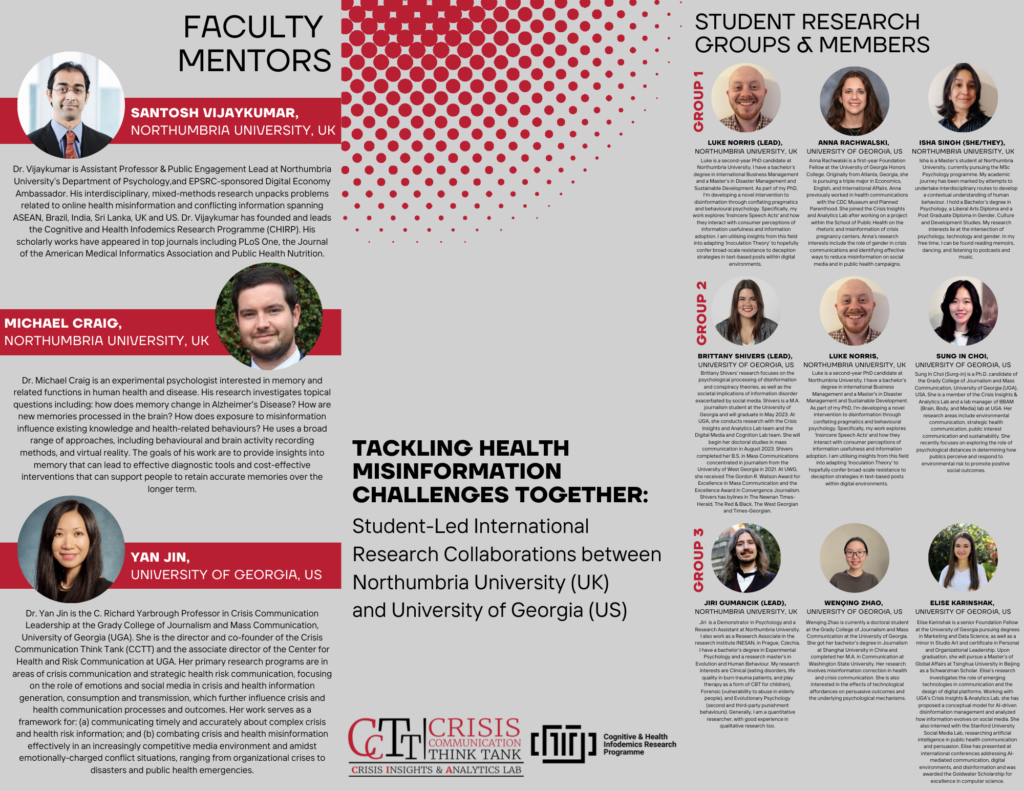
The CIA Lab partnered with Northumbria University’s (UK) Cognitive and Health Infodemics Research Programme (CHIRP) group to advance student-led research tackling health misinformation.
Collaboration with The Hedge Fund: Venture Between the Hedges

Every year The Hedge Fund investors support the winning team of the graduate Crisis Communication and Strategic Conflict Management class to further their development for theory-practice integrated research. This team will use their winning funds to carry out their research project under the direction of CCTT Director and the Crisis Insights & Analytics Lab.
PUBLICATIONS
Below are published books and selected articles by CCTT members and affiliates.
Below is a link to a list of published books and selected articles by CCTT members and affiliates since 2018.
Industry Insights
-
Navigating uncharted waters: The forefront of crisis READINESS
Call for Papers
-
‘The best of both worlds’
The Crisis Communication Think Tank (CCTT) approach to the quest for crisis management keystone
-
Journal of Contingencies and Crisis Management Special Issue on “Crisis Management Keystone”
Call for Papers
INTERNSHIPS & FELLOWSHIPS
CCTT Crisis Communication Research Fellows
CPR Hub
The Crisis Preparedness & Resilience (CPR) Hub is the training ground for proactive crisis management, based on expertise from the CCC and the CIA Lab intelligence. It offers CCTT-led certificate programs and executive training programs, as well as workshops and seminars for current and future leaders in crisis communication and risk management arenas.
PARTNERS & TRAINERS
Stay tuned for more information.
GRADUATE CERTIFICATE PROGRAM
Stay tuned for more information as this program is developed.
EXECUTIVE TRAINING PROGRAM
Friday, April 12, 2024 — Empowering Leaders: How to Excel Through Crisis With Proven Strategies
The University of Georgia’s Grady College of Journalism and Mass Communication and Terry College of Business have partnered to offer an executive education program in crisis communication and management. This intensive, one-day, in-person program will supply business leaders with the knowledge, skills and efficacy to lead through crises, influence stakeholders, leverage resources and enhance business processes.
The program is set to kick off at the Terry Executive Education Center in Atlanta on April 12, 2024, and run from 8:00 a.m. to 5:30 p.m.
WORKSHOPS & SEMINARS
Stay tuned for more information.
Photo Gallery
